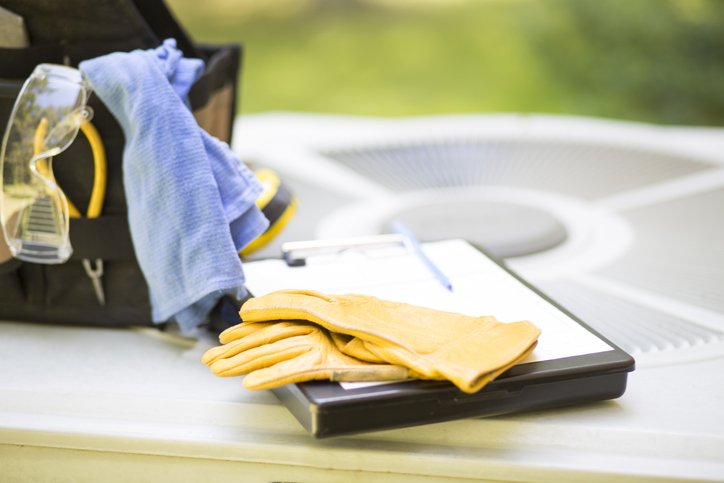furnace not heating - tulsa ok
Your HVAC system helps your Broken Arrow home stay warm and cozy all through the winter. When problems with your HVAC system occur, you could end up without heat. Doing some winter HVAC troubleshooting can help you figure out what’s wrong and get your heat working again. In some cases, though, you’ll need to rely on HVAC technicians to handle repairs. These are some of the more common issues HVAC systems can have during winter that can benefit from winter HVAC troubleshooting.
Uneven Heating
When some areas or rooms in your home feel colder than others, you might have an air leak or a problem with the blower motor. If the blower motor isn’t working properly, this can result in uneven heating in your home. Air leaks around windows and doors can allow outdoor air inside, making certain rooms feel colder. A clogged or dirty HVAC filter can also lead to uneven heating. You can seal gaps around doors and windows to stop air leaks and replace your HVAC filter with a clean one. HVAC technicians can repair the blower motor if needed.
Unlit Pilot Light
If your gas or propane furnace isn’t turning on, check the pilot light. The flame sensor on your furnace might be damaged or dirty, which can cause the pilot light to go out or not ignite when your heating system turns on. HVAC technicians can clean or replace the flame sensor as needed in order to get your pilot light working again.
Frozen Coils and Pipes
Bitterly cold temperatures can cause water to freeze inside coils and pipes, which can prevent your heating system from working. If you think you have frozen water in your pipes or coils, turn your water off and have professional HVAC repairs done. Turning off your water can help reduce the risk of having frozen pipes or coils burst, which causes an even bigger (and messier) problem. These are all winter HVAC troubleshooting moves that can come in very handy.
If you need help with winter HVAC troubleshooting, please contact Air Assurance. We can make HVAC repairs if needed in order to keep your Broken Arrow home warm.



















